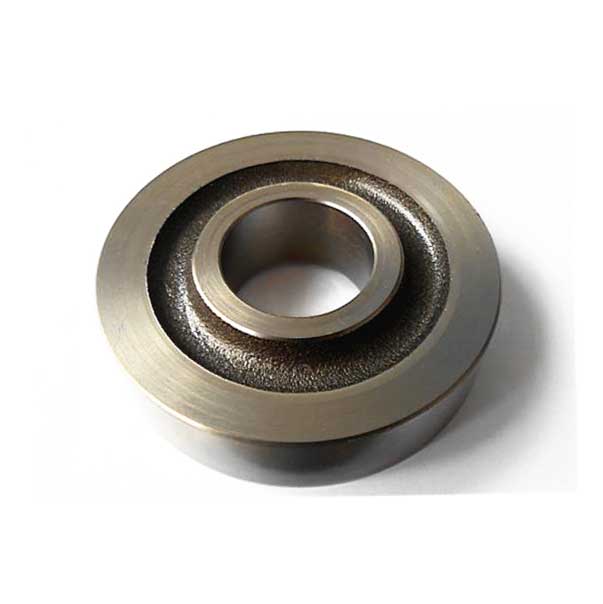DETAILED EXPLANATION OF GEAR FORGING ANNEALING HEAT TREATMENT PROCESS
Carburized steel 20CrMnTi forgings are air-cooled to room temperature after forging to obtain a mixed structure composed of ferrite, pearlite, Widmansite and bainite. After heating to 930°C for carburizing and cooling to 850°C for quenching, coarse austenites still appear. Body grains, showing obvious tissue heredity. If after forging, after heat treatment, a mixed structure of ferrite and pearlite is obtained, after carburizing and quenching, the structure is obviously refined, and there is no organization heredity, which is the significance of heat treatment after forging. The main purposes of heat treatment for small gear forgings are:
(1) Eliminate forging stress.
(2) Obtain a relatively uniform metallographic structure and improve cutting performance.
(3) Reduce the deformation of the gear after carburizing and quenching.

1. ISOTHERMAL ANNEALING
The forging material is 20CrMnTi, and the equipment is an isothermal annealing continuous furnace, which consists of a high temperature zone, a rapid cooling zone and an isothermal zone.
The isothermal annealing process is an advanced high-temperature heating zone for forgings. It is heated from room temperature to 940°C and held for a period of time to make it fully austenitized. Then it enters the rapid cooling zone and is rapidly cooled from 950°C to 650°C within 5~10 minutes. Make the forgings quickly enter the correct phase transformation range, and then keep warm at 650°C to make the forgings fully phase-transform to ferrite + pearlite structure, and send them out of the furnace to air cool to room temperature.
It should be noted that due to the different sizes of forgings, the isothermal annealing process curve should be adjusted according to the actual situation of the production site. The principle is to ensure that the metallographic structure of forgings is 1~3, and the surface hardness is preferably controlled at 160~210HBW. After testing, this production process is also suitable for the annealing of small shaft forgings, and the production capacity of the equipment is 600kg/h.
2. WASTE HEAT ANNEALING
The forging material is 20CrMnTi, and the equipment is a mesh belt waste heat annealing furnace, which is composed of a heating furnace and a rapid cooling chamber. The preheating annealing process is that after the forging is formed, it is directly sent into the heating furnace, kept at 650°C for 45 minutes, and then enters the rapid cooling room, and is cooled to below 70°C within 20 minutes.
When annealing with residual heat of forgings, the key point is to grasp the temperature of forgings entering the furnace and the holding time in the furnace. After field tests, it is found that the temperature of general forgings entering the furnace should be controlled above 800°C. At this time, the metallographic phase and hardness after annealing are most suitable; Forgings below 800℃ are likely to have unqualified microstructure and hardness after annealing with residual heat, so strict attention should be paid to them. The holding time and temperature cannot be generalized, and should be adjusted appropriately according to the size and thickness of the forging.
…
More information about gear forgings can be accessed by clicking:https://www.gold-emperor.com/forging/forged-auto-parts/precision-forged-gear/


-80x80.jpg)